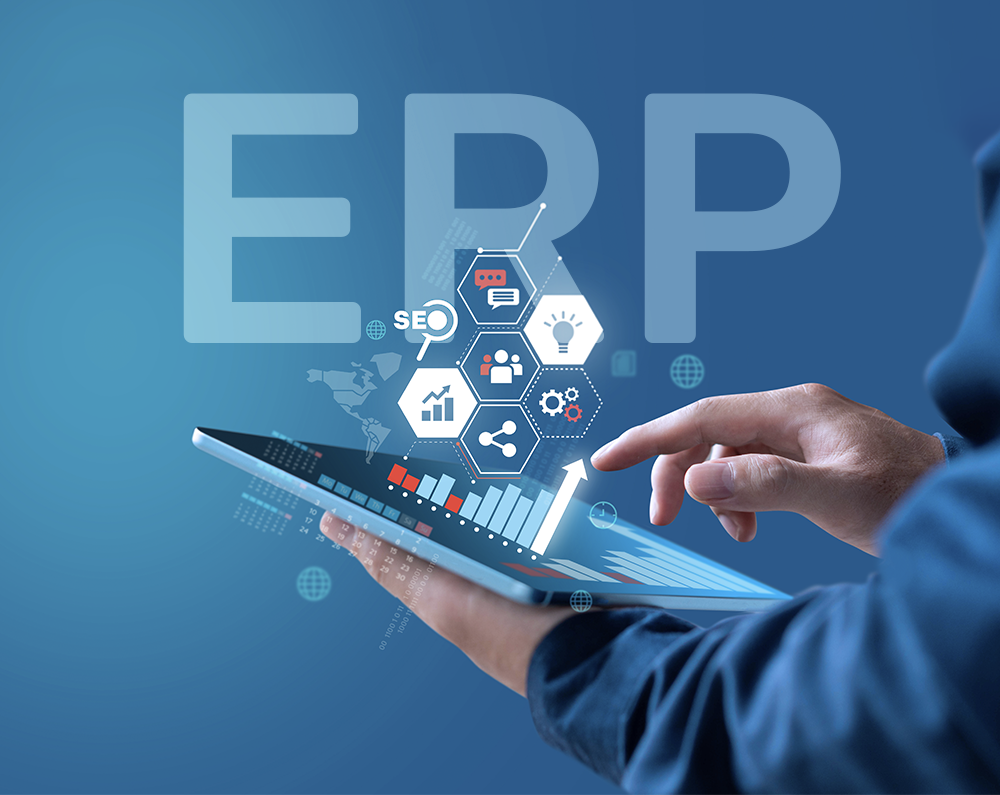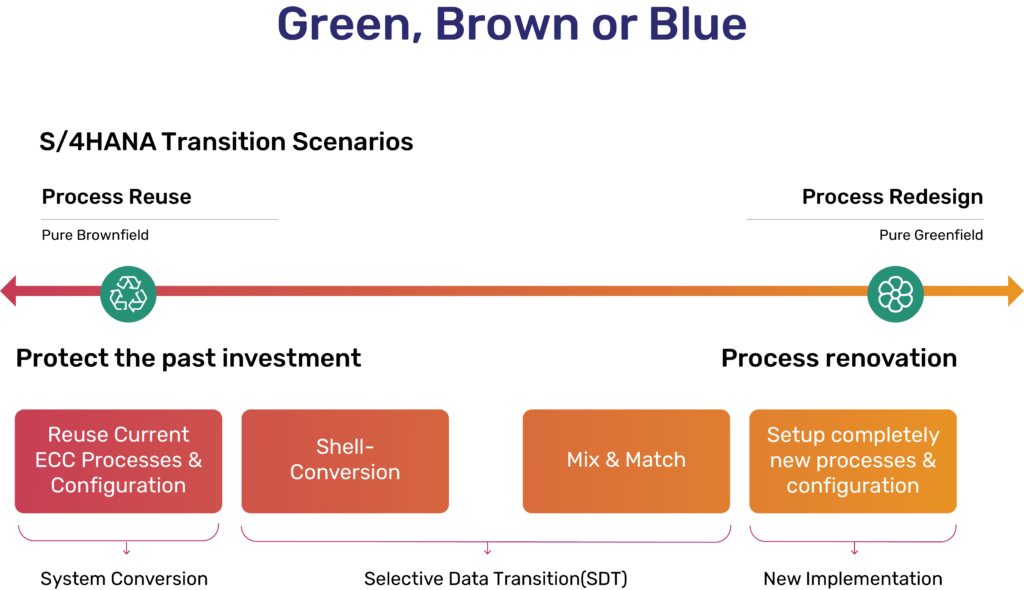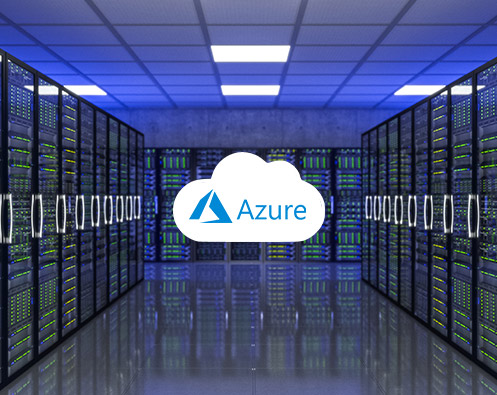

THE AUTHOR
Mukund Shinde
Sr. Vice President (Enterprise Solutions – SAP Practice)
As businesses strive to stay ahead in the ever-evolving digital landscape, many organizations are opting to migrate to SAP S/4HANA, the next-generation intelligent ERP system. This migration process brings significant benefits, including enhanced performance, real-time insights, and streamlined processes.
While 2027 may hold various significances for different individuals, for those currently working in IT and utilizing SAP systems, it signifies a crucial deadline. SAP has set 2027 as the cutoff date for businesses to migrate to their upgraded system, SAP S/4HANA, after which they will cease to offer support for older systems. Notably, SAP ERP Central Component (ECC) 6.0 will be officially discontinued in 2027. Though this deadline might appear generous, SAP S/4HANA migration is far from a straightforward process, as we will explore in this blog.
A successful migration requires careful planning and consideration of key factors. Here, we will explore the crucial approaches for a smooth SAP S/4HANA migration.
SAP S/4 HANA Migration – Key Approaches
Every organization requires a unique SAP S/4HANA Migration Strategy that suits its specific needs. Some opt for a clean start by adopting a new system without any existing data, called a greenfield project. On the other hand, some prefer a complete system conversion, referred to as a brownfield project, as it allows them to maintain their existing business processes without disruption. Additionally, for those aiming to consolidate their existing system landscape into SAP S/4HANA, you have the Selective Data Transition, sometimes referred to as ‘Blue Field’. Leveraging S/4HANA support services ensures the migration process is aligned with respective business goals.

The Greenfield Approach
The greenfield approach involves a fresh implementation of SAP S/4HANA, presenting an excellent chance to redefine and streamline business processes while harnessing untapped capabilities offered by SAP S/4HANA. Although this transformational approach does not guarantee immediate operational success, it allows for ample time to make essential adjustments during the system’s implementation phase.
However, the significant changes introduced in how the system operates can be unsettling. Moreover, the re-implementation process for SAP S/4 HANA migration can be arduous and time-consuming, particularly when it comes to change management. Therefore, before deciding to pursue the greenfield approach, ensure that you are prepared for a rigorous and involved re-engineering process. This enables you to leverage the benefits of SAP S/4HANA services.
The Brownfield Approach
SAP recommends the brownfield alternative for customers who wish to migrate SAP S/4HANA while retaining the value of the time and effort invested in customizing SAP ECC to suit their specific transformation requirements. This migration method involves a conversion process where all business processes are migrated and adapted to the new SAP S/4HANA platform. Compared to the greenfield approach, this method is less disruptive and can be a preferable solution if you prefer to avoid significant operational changes.
While undertaking a brownfield project, there is a risk of encountering technical issues during and after the conversion process. However, to address these concerns, SAP has specific conversion implementation tools and guidelines designed to proactively mitigate such problems from the outset.
Landscape Transformation
Landscape transformation stands apart from system conversion or new implementations, as it involves a selective migration or consolidation of multiple systems to SAP S/4HANA.
This approach allows organizations to focus on migrating specific business processes to SAP S/4HANA while keeping the others unchanged. Some organizations choose this route when aiming for the most efficient or quickest return on investment (ROI), such as integrating SAP S/4HANA capabilities into their Central Finance business unit.
With the appropriate SAP tools, the core migration methodology can be applied to consolidate both SAP and non-SAP systems. By creating a single, centralized transformation system, this process restructures your business landscape, leading to more streamlined and efficient management with SAP S/4HANA support services.
Why Korcomptenz?
With a perfect blend of industry knowledge and SAP expertise, our proprietary tools, methodologies, and accelerators facilitate a seamless SAP S/4HANA migration for your organization. Korcomptenz holds the distinction of being an SAP Partner, boasting 19+ years of experience in SAP implementations.
Our distinct approach to SAP S/4HANA implementation, combined with extensive domain expertise, ensures that we deliver concrete business value through our SAP S/4HANA implementation services, enabling businesses to remain ahead of marketplace demands, trends, and developments. Over the years, we have fostered a history of successfully engaging with numerous customers across retail, fashion, manufacturing, healthcare, and consumer products industries for SAP and other technology solutions.
Conclusion
Selecting the appropriate migration approach necessitates a comprehensive analysis of your organization’s technical and functional aspects to assess its readiness for SAP S/4HANA. This analysis includes evaluating the database, platform, current configurations in use, business workflows, system landscape, and other relevant factors.
Equally important is considering how the migration aligns with your organization’s digital transformation roadmap. You should identify your current position, define your future goals for the coming years, and strategize how to achieve them effectively. With SAP S/4HANA support services, you can ensure a smooth and strategic migration. If you would like to learn more about migrating to SAP S/4HANA, request a free consultation today.

Focus on you
Share this article
Use AI to summarize this article




